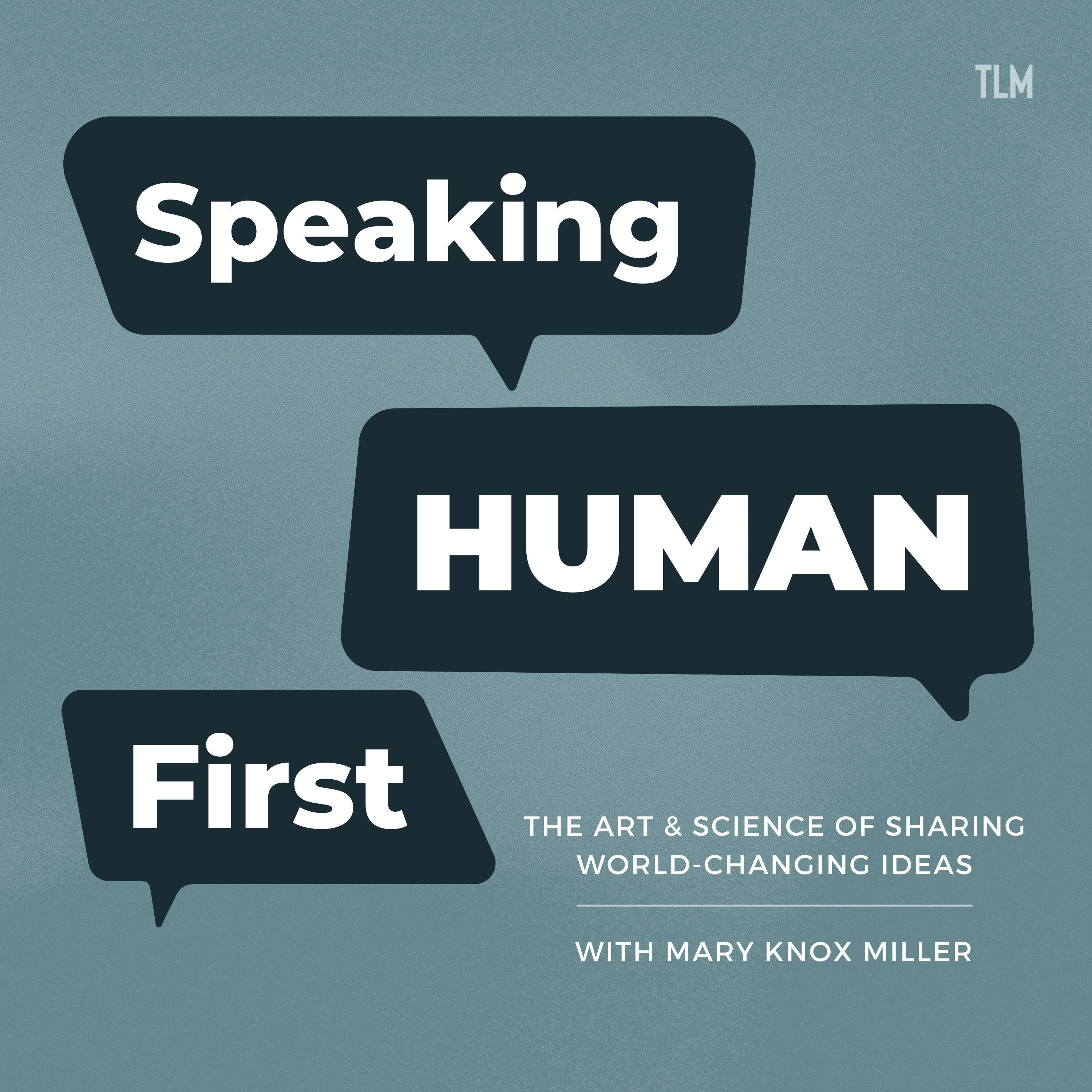- After-Shows
- Alternative
- Animals
- Animation
- Arts
- Astronomy
- Automotive
- Aviation
- Baseball
- Basketball
- Beauty
- Books
- Buddhism
- Business
- Careers
- Chemistry
- Christianity
- Climate
- Comedy
- Commentary
- Courses
- Crafts
- Cricket
- Cryptocurrency
- Culture
- Daily
- Design
- Documentary
- Drama
- Earth
- Education
- Entertainment
- Entrepreneurship
- Family
- Fantasy
- Fashion
- Fiction
- Film
- Fitness
- Food
- Football
- Games
- Garden
- Golf
- Government
- Health
- Hinduism
- History
- Hobbies
- Hockey
- Home
- How-To
- Improv
- Interviews
- Investing
- Islam
- Journals
- Judaism
- Kids
- Language
- Learning
- Leisure
- Life
- Management
- Manga
- Marketing
- Mathematics
- Medicine
- Mental
- Music
- Natural
- Nature
- News
- Non-Profit
- Nutrition
- Parenting
- Performing
- Personal
- Pets
- Philosophy
- Physics
- Places
- Politics
- Relationships
- Religion
- Reviews
- Role-Playing
- Rugby
- Running
- Science
- Self-Improvement
- Sexuality
- Soccer
- Social
- Society
- Spirituality
- Sports
- Stand-Up
- Stories
- Swimming
- TV
- Tabletop
- Technology
- Tennis
- Travel
- True Crime
- Episode-Games
- Visual
- Volleyball
- Weather
- Wilderness
- Wrestling
- Other
Ep 8 - Season One: Common Themes and Lessons Learned
I started Speaking Human-First to answer a simple question: If you want to change the world with your ideas, how do you speak so people will listen?
This season we heard from seven leaders and while on the surface their strategies differ, they're all grounded in common themes.
Today, I’m exploring these themes through the filter of three core principles: What you say, how you say it, and who you are matters. These guiding principles are the start of speaking human-first.
I also want to return to the question, “Why can’t we see each other as equals?”
Because to build trust with your audience, you have to tap into something far greater than your knowledge and expertise. You have to connect as human beings. Which means we have to show up as we really are.
Listen to the full episode to hear:
Key principles of communication that transcend trends and drive impact
How speaking to your specific expertise and experience and acknowledging your audience’s varied starting points builds trust
The impact of emotion, tone, and medium on conveying your message
Why leaders need to be both uncompromising in their ideals and open to other possibilities
How recognizing and understanding the social realities that impact others builds empathy
Learn more about Mary Knox Miller:
Thought Leader Media
Connect on LinkedIn
Resources:Speaking Human First: All Episodes

